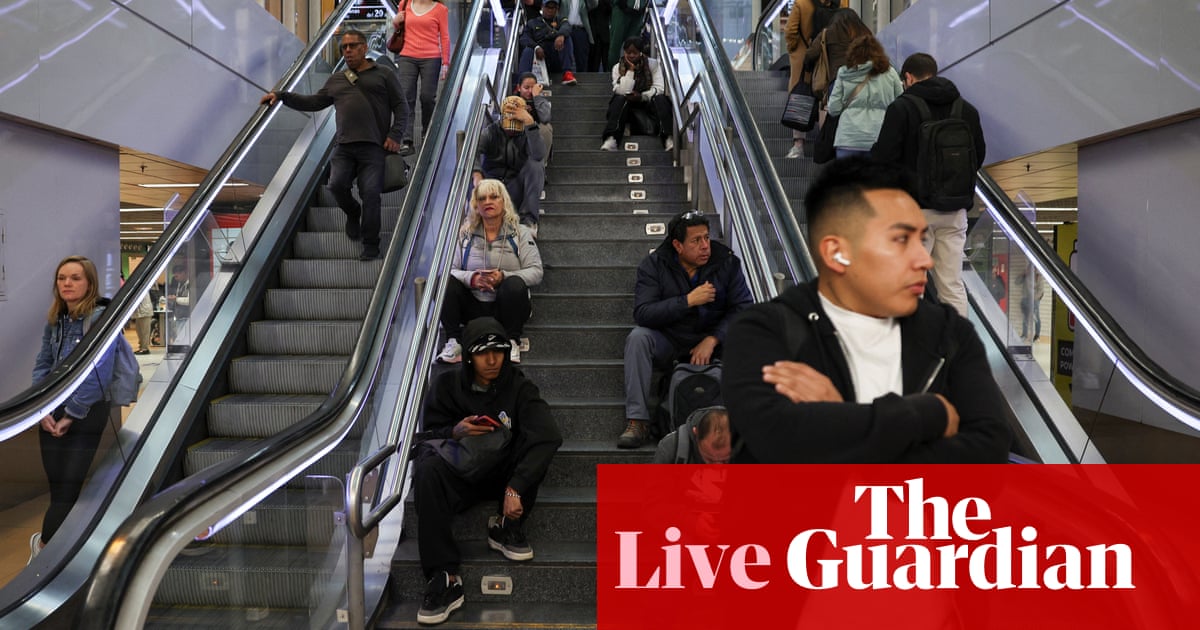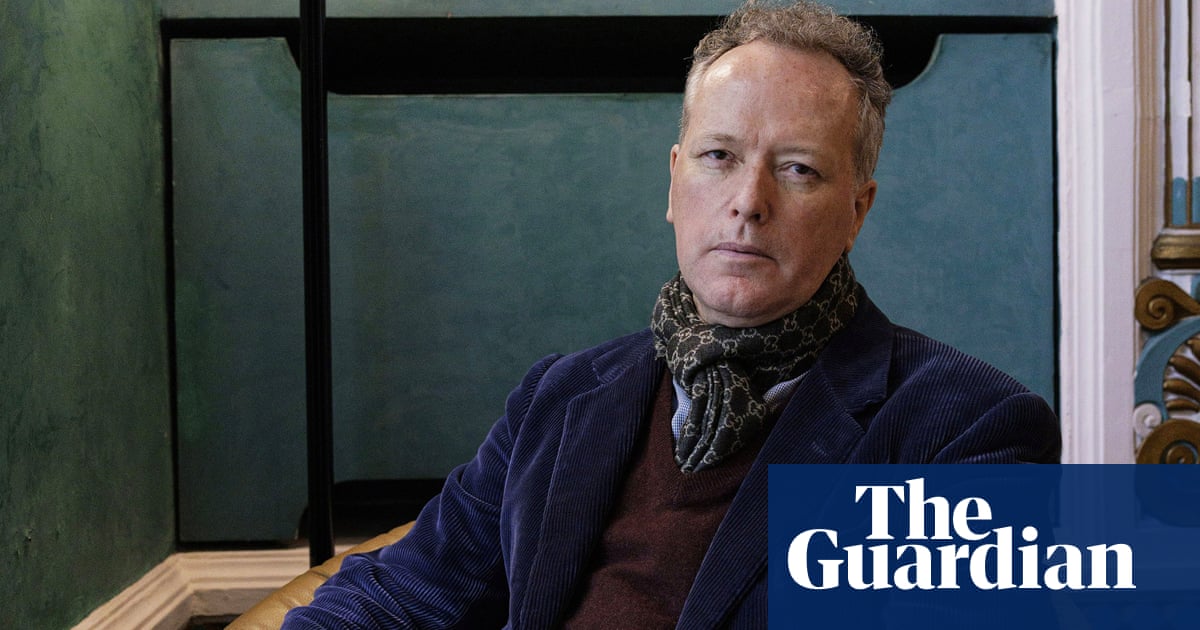Changes to France’s pension system have been a hot potato for French presidents for decades, bringing disgruntled people on to the streets, leading to civil unrest and nationwide strikes that have brought the country to a standstill.
Two years ago, in the face of bitter opposition, Emmanuel Macron, France’s president, passed a law raising the general retirement age from 62 to 64 and the issue appeared to have been put to bed.
Now, a trio of French artists have launched a satirical campaign encouraging the country’s workers to be systematically late as a way of making up for the extra two years.
The Zélé collective has been leafleting Paris in advance of May Day, the traditional workers’ holiday, and set up an “official calculator” that works out how many minutes late people should turn up to work to compensate for having to toil for longer.
Charles-Antoine De Sousa, 35, an advertising creative director who is behind the campaign, says: “The idea is absurd, but it’s a way of showing our discontent.
“We’ve had serious protests in France and that hasn’t worked. People haven’t been heard. So this is a fun alternative, a symbolic resistance, a way of putting the issue back on the table.”

De Sousa and fellow creative directors Simon Lamasa, 36, and Marc Horgues, 35, have put their artistic talents into producing an AI-generated official announcement from the “minister of latecomers” accompanied by the Marseillaise and an unhappy looking Marianne, symbol of the French republic.
“The pension reform requires you to work for longer? Compensate by arriving late for work,” reads the message.
Workers can calculate exactly how many minutes late they should be on a dedicated link.
De Sousa admits to the Guardian that most French people have shorter working lives than their European counterparts but says the campaign is about maintaining the country’s celebrated work-life balance.
“We know compared to other countries in Europe we are quite privileged but we see that more and more is expected of us and there’s a certain passive acceptance of this,” De Sousa says.
“We know if we do not protest then one day we will wake up and find we too have to work until we are 67 and for those in other countries it could be even longer.
“I have worked since student jobs at 16 and began my working career aged 21 and I haven’t stopped since. The reform has hit our generation because we thought we were nearer retirement than we are and at the same time all we hear is that our pensions will also be less.”
after newsletter promotion
Every French president for the past 40 years has attempted to change the pension system and retirement age, prompting anger and demonstrations against an assault on what is seen as the keystone of France’s cherished model of social protection.
In 2023 Macron forced through pension changes, part of his second-term re-election manifesto, by using a controversial constitutional clause that avoided a parliamentary vote. In a rare show of unity, all trade unions took part in protests that peaked in March of that year. An estimated 1.28 million people took to the streets.
The French pension system is based on the principle of what politicians call “solidarity between generations” and involves the working population funding the pensions of those who are retired.
France has the lowest qualifying age for a state pension among the principle European economies. The pension system is costly but those in work pay high contributions and expect equally high pensions. All French workers get a state pension based on their contributions and their 25 highest-earning years to a maximum of €1,932 (£1,642) a month gross.
De Souza acknowledges that even if workers turn up to their jobs late, it is unlikely France will return to retirement at 62.
“I don’t hold out much hope. Nevertheless, it is the wish of millions of French people. So if one day they listen to us again, we can start dreaming again,” he says.

 5 hours ago
5
5 hours ago
5













































